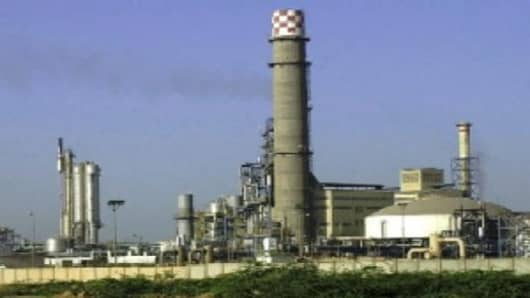The massive plant explosion in Texas could be beneficial in the long-term to some fertilizer companies, Citigroup said in a research note on Thursday, as it may delay new entrants into the $10 billion industry.
Late Thursday, a fire at a fertilizer plant in West, Texas, triggered a huge explosion that killed at least five people and injured more than 100, according to authorities. Toxic fumes from the disaster forced the evacuation of roughly half the population.
(Read More: 5 to 15 Dead After Fire and Blast at Texas Fertilizer Plant)
In their research note, Citigroup analysts said that the immediate impact of the Texas plant on domestic nitrogen markets would be modest at best. "Given the small size of the facility in yesterday's incident, we do not expect markets to significantly tighten," the bank said.
However, nitrogen-based fertilizers have seen a boost as part of the U.S.'s shale gas boom, as natural gas is a major input in fertilizer production. That has led to a reversal in fortune for companies involved in the sector.
As a result, Citi added that in the longer-term the accident could slow the building up of new nitrogen fertilizer capacity in the United States, which would be a competitive boost to some firms active in the sector.
"Until details of the incident are fully known it is difficult to gauge what, if any, long-time impact on the U.S. fertilizer industry could be," the bank's analysts wrote. "However, we think there is risk that regulators and communities more closely scrutinize ammonia production and storage safety protocols, particularly to new greenfield plant sites."
In theory, that could brighten the prospects for companies already entrenched in fertilizer production, such as CF, Potash and Agrium. All three companies rose in early trading on Wall Street.
The United States is the second only to China in its production and consumption of fertilizer. Data shows that fertilizers account for at least a third of all crop yields globally.



